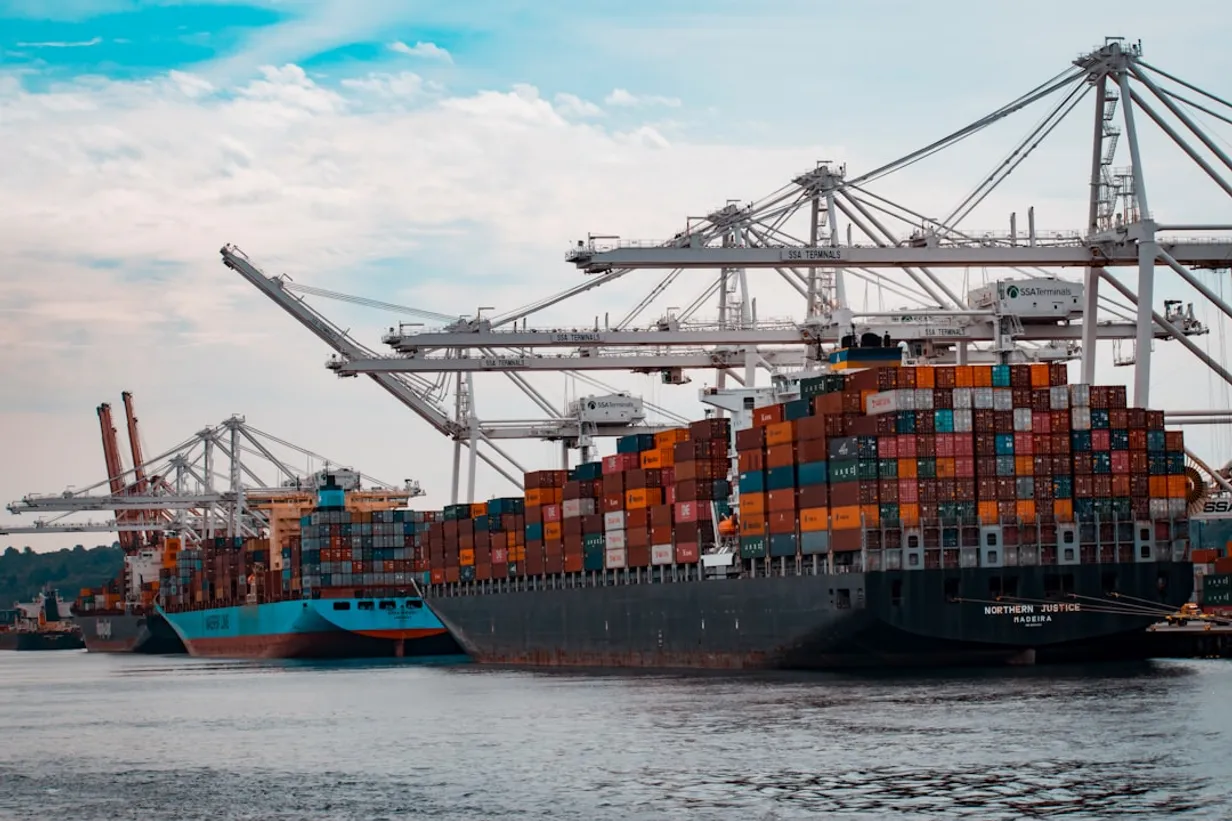Understanding Incoterms: A Comprehensive Guide for Importers and Exporters

What Are Incoterms?
Incoterms, short for International Commercial Terms, are a set of predefined commercial terms published by the International Chamber of Commerce (ICC). These terms serve as a universal standard that defines the responsibilities of buyers and sellers in international transactions.
Why Are Incoterms Important?
Incoterms are crucial for minimizing confusion in cross-border transactions. They define who is responsible for paying and managing the shipment, insurance, documentation, customs clearance, and other logistical activities. Understandably, using the right Incoterm can significantly impact the cost, risk, and efficiency of an international trade deal.
Risk Management
By clearly allocating risk and responsibility, Incoterms help companies mitigate logistical and financial risks. For example, they define at which point the risk transfers from the seller to the buyer, thereby helping both parties to manage their operations better.
Cost Distribution
Incoterms also clarify which party is responsible for various costs, such as shipping, insurance, and customs duties. This clarity helps both parties in accurately pricing their goods and managing their budgets.
An Overview of Common Incoterms
Here's a look at some commonly used Incoterms:
EXW (Ex Works)
Under EXW, the seller makes goods available at their premises, and the buyer is responsible for all costs and risks of transporting the goods to their final destination.
FOB (Free on Board)
FOB means the seller is responsible for delivering the goods onto the ship specified by the buyer. Risk transfers to the buyer once the goods are on board.
CIF (Cost, Insurance, and Freight)
Under CIF, the seller covers the cost, insurance, and freight to the destination port. However, risk is transferred to the buyer once the goods pass the ship's rail in the departure port.
Choosing the Right Incoterm for Your Business
Choosing the correct Incoterm depends on various factors including the type of goods, your relationship with the buyer or seller, and your logistical capabilities. It is advisable to consult with logistics experts or legal advisors to ensure you're selecting the term that best suits your needs.
Conclusion
Understanding Incoterms is fundamental for anyone involved in international trade. These terms not only clarify responsibilities and reduce risks but also contribute to smoother and more efficient transactions. By mastering Incoterms, businesses can navigate the complex world of international trade with greater confidence and efficiency.
Top Business Guides
Discover our most popular business guides, highly recommended by our readers for their valuable insights and expert advice.

Maximizing ROI with Data-Driven Marketing Strategies

Streamlining Distribution with Just-In-Time Logistics

Leveraging Influencer Marketing to Boost Your Brand
